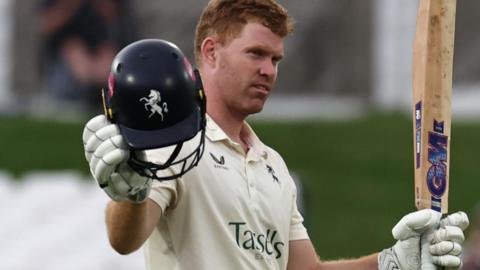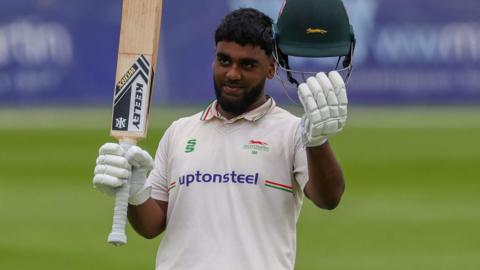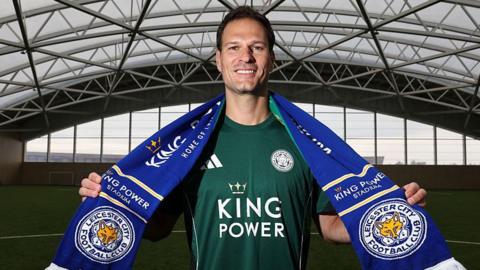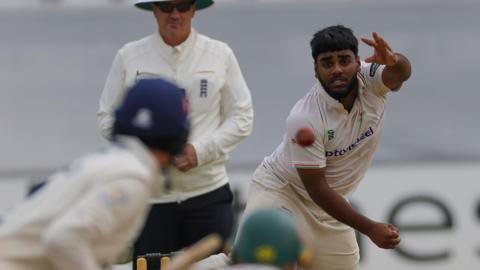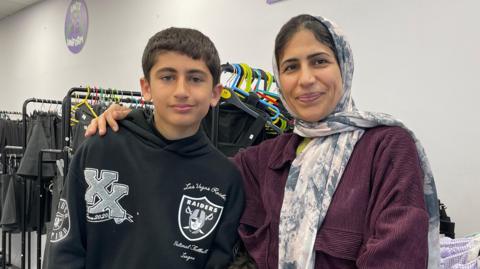'Hard work ahead as Foxes adapt to Cifuentes'published at 08:35 BST 28 July
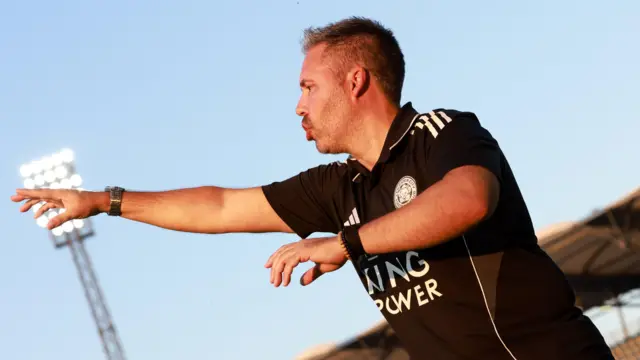 Image source, Getty Images
Image source, Getty Images
Leicester City's trip to Austria has no doubt been a success for Marti Cifuentes.
However, the final day of the camp will have left the new Foxes boss with some questions he needs to find the answer to.
The defeat by FC Koln in Graz highlighted the fact that the Foxes are not yet fully symbiotic with the Catalan's style. They struggled to adapt to a different tactical idea from the German side - and it proved to be their downfall as they fell to a 3-1 defeat.
That was a sentiment echoed by both Cifuentes and goalscorer Kasey McAteer, who admitted more work on the training pitch is needed to fully implement the new philosophy.
However, the general mood around the camp has been lifted entirely following last season's relegation from the Premier League. Cifuentes has instilled a confidence and has been fierce in his methods of doing so.
He will not settle for anything less than best - from his players or himself.
The Foxes, now back on home soil, have plenty of work to do to get them ready for the beginning of the new Championship season.

